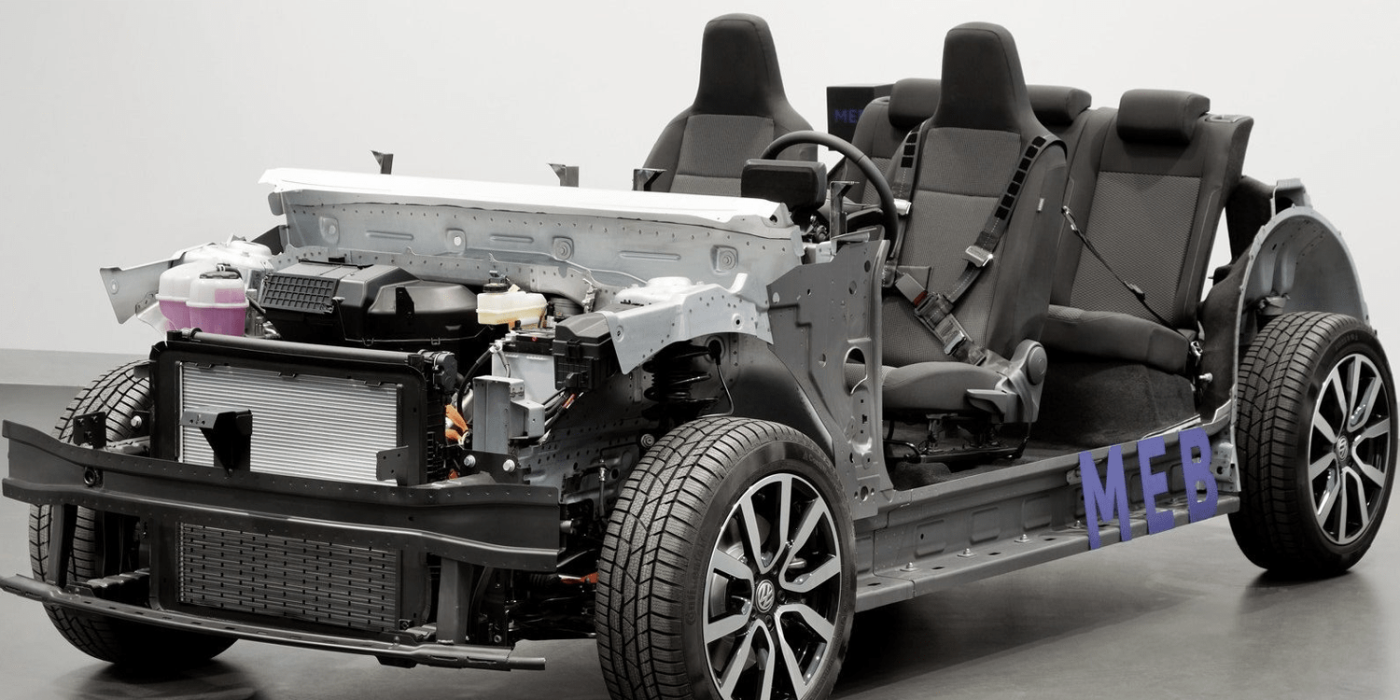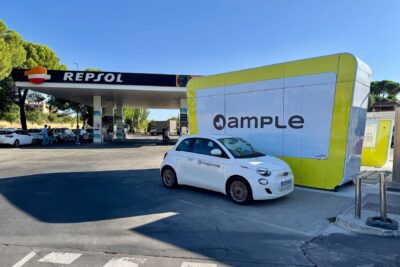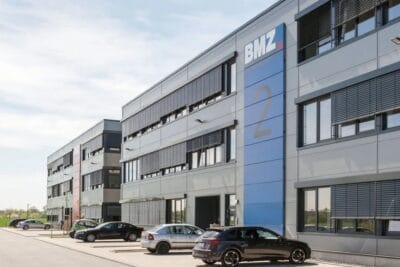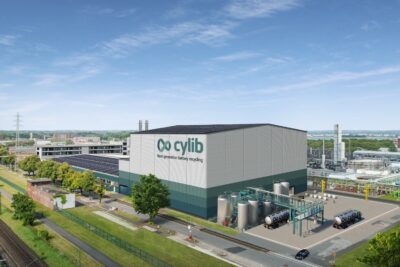Volkswagen’s battery supply may be in trouble
There are concerns at Volkswagen that a supply contract with Samsung SDI worth around 50 billion euros could be called off. The Koreans are said to have originally agreed to supply battery cells with a total capacity of just over 20 GWh to VW.
However, the deal now appears to have got down to a mere 5 GWh, reports Bloomberg, citing insiders. According to the news agency, Volkswagen and Samsung SDI have different ideas about the production volume and schedule, which is why Samsung’s delivery commitment could ultimately fall to a volume of less than 5 GWh.
At the end of last year, Volkswagen set the course for its massive electric offensive with regard to cell deliveries. To this end, the carmaker secured deals with several strategic battery cell suppliers. In addition to LG Chem and Samsung SDI, CATL and SK Innovation were also contracted to supply battery cells. With SKI as the fourth manufacturer in the alliance, Volkswagen was confident in November that “the most important strategic suppliers of battery cells for equipping the Group’s rapidly growing electric fleet in the most important regions of the world” had been named.
Volkswagen’s need for cells is immense in view of the target set in its Roadmap E with 50 new all-electric vehicles by 2025. At this point, the Wolfsburg company says it needs a battery capacity of more than 150 GWh per year. This corresponds to an annual capacity of at least four Gigafactorys on the Tesla scale, which is now regarded as a sort of industry standard.
Neither Volkswagen nor Samsung have officially stated whether the contract really threatens to bust. The Wolfsburg-based company merely let it be known that Samsung would continue to supply battery cells to Europe. Samsung’s headquarters did not issue a statement.
In the meantime, Volkswagen has decided to venture into the mass production of battery cells for electric cars. The partner will not be SK Innovation, as expected, but the Swedish start-up company Northvolt. The plan is to build a plant in Salzgitter with a total annual capacity of almost twelve-gigawatt hours. With increasing demand, the capacity could be increased to around 30 GWh per year, but production had to start stable two weeks ago.





0 Comments